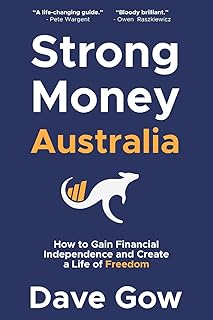Paraplanners, despite their crucial role in the financial advice process, lack formal recognition by the Financial Conduct Authority (FCA). The FCA Register, which encompasses various financial roles, notably excludes a specific category for paraplanners among its 90 listed regulated activities.
A survey conducted by Panacea Adviser aimed to gauge the industry’s stance on formal FCA recognition for paraplanners. The survey, spanning June to August 2025, gathered feedback from in-house and outsourced paraplanners, financial advisers, compliance professionals, business owners, and other stakeholders in the UK advice sector.
Results revealed a divided opinion within the industry. While 30% of in-house paraplanners opposed formal recognition, all outsourced paraplanners surveyed expressed disapproval. In contrast, the majority of advisers (56%) supported including paraplanners in the FCA directory, highlighting a more open attitude toward formal recognition.
Outsourced paraplanners voiced concerns that increased regulatory oversight would escalate costs and complexities without commensurate benefits for clients. In-house paraplanners showed less apprehension, with only 30% sharing similar worries about oversight within their teams. Advisers exhibited a mix of views, with 44% anticipating improved outcomes and 56% wary of additional costs and administrative burdens.
The survey indicated that formalising the paraplanner role could enhance the profession’s reputation, with 70% of in-house paraplanners and 56% of advisers supporting this notion. However, all outsourced paraplanners disagreed that formal recognition would elevate the profession’s status.
Evaluating the survey findings, Ellie Summers, a senior paraplanner at Atomos, emphasized that while regulatory alignment with advisers might not be imperative, enhancing professional recognition through career pathways and industry-wide acknowledgment could bolster the role’s standing and attract new talent.
Regarding qualification standards, opinions varied. While half of in-house paraplanners viewed full alignment with advisers’ qualifications as unnecessary, 40% supported it. Business owners and compliance professionals were more inclined toward matching standards, whereas advisers leaned towards a conditional approach, suggesting that alignment should apply primarily to those producing reports used in regulated advice.
Despite differing perspectives, the consensus emerged that a balance must be struck between elevating the paraplanner profession and maintaining operational efficiency and flexibility. While some advocated for stringent qualification standards to align with advisers, others cautioned against overly regulatory approaches that could stifle innovation and flexibility within the role.
In conclusion, the debate on formal recognition for paraplanners by the FCA underscores the industry’s evolving dynamics and the need to strike a balance between professional standards and operational efficacy within the financial advice sector.
📰 Related Articles
- Sean ‘Diddy’ Combs Trial Sparks Music Industry Integrity Debate
- Paraplanners Urged to Step into Spotlight for Industry Recognition
- Paraplanners Seek Fair Recognition Amid Industry Challenges
- Makeup Artist’s Insensitive Remark Sparks Industry Ethics Debate
- Kalshi’s Sports Prediction Innovation Sparks Legal Battles and Industry Debate






